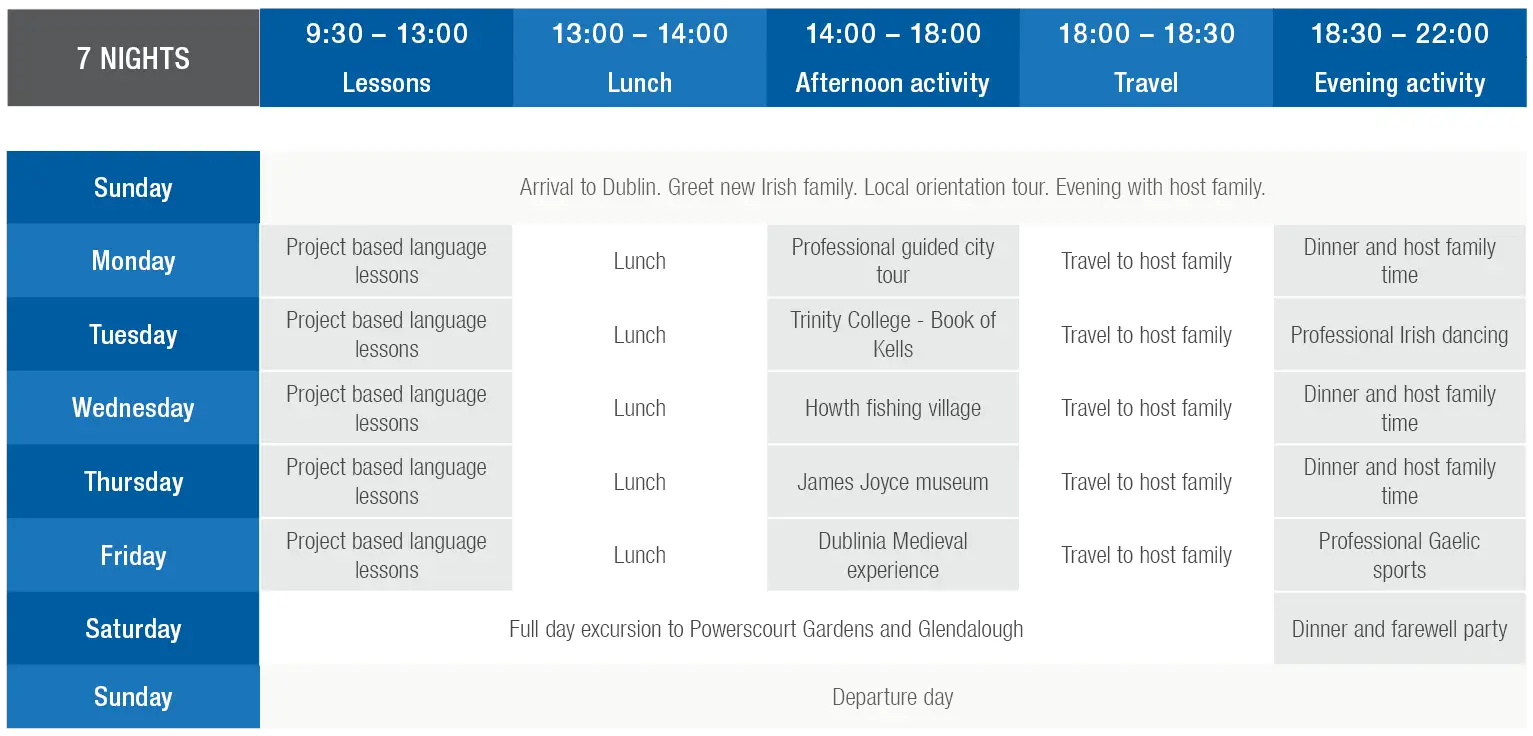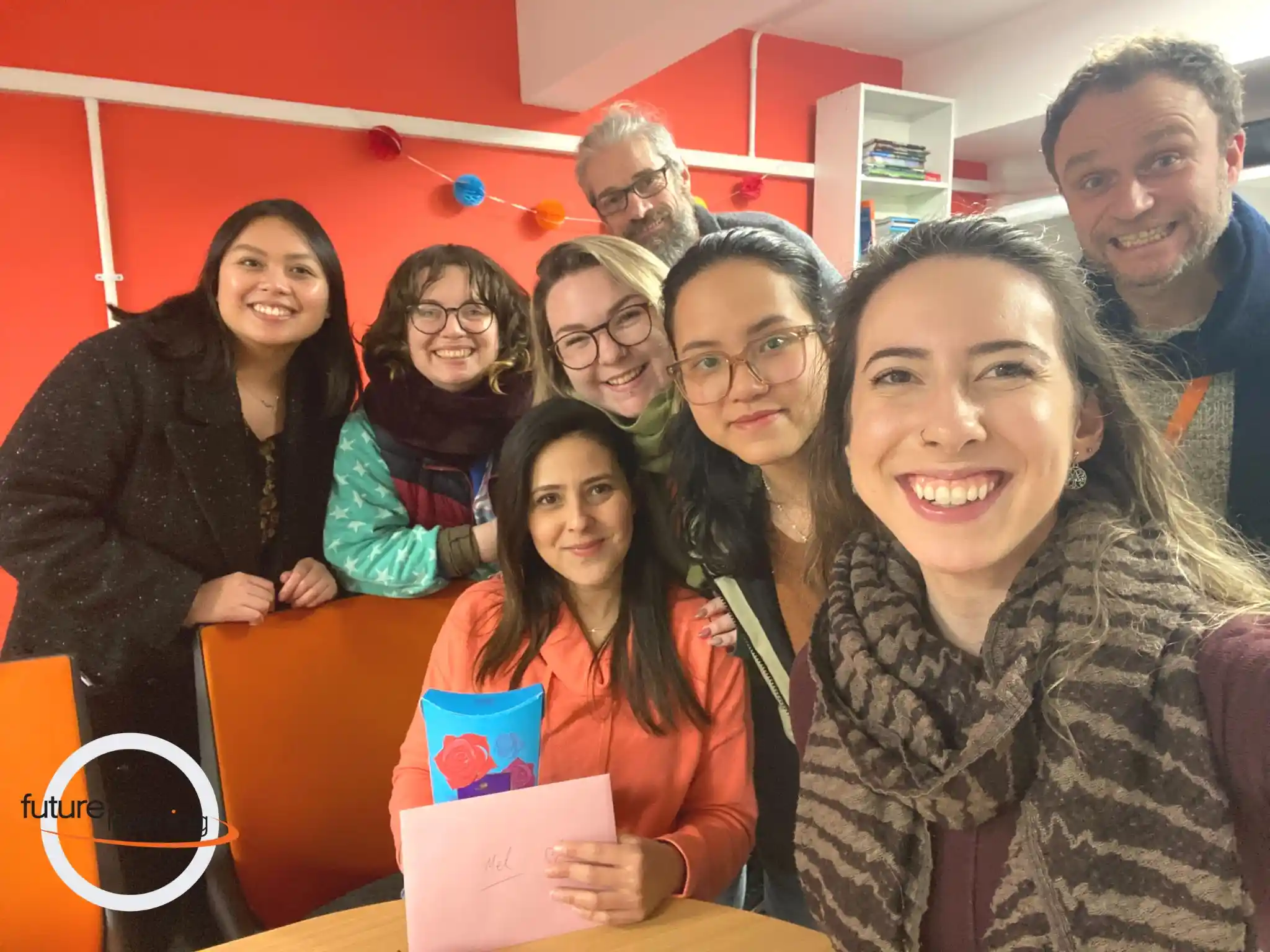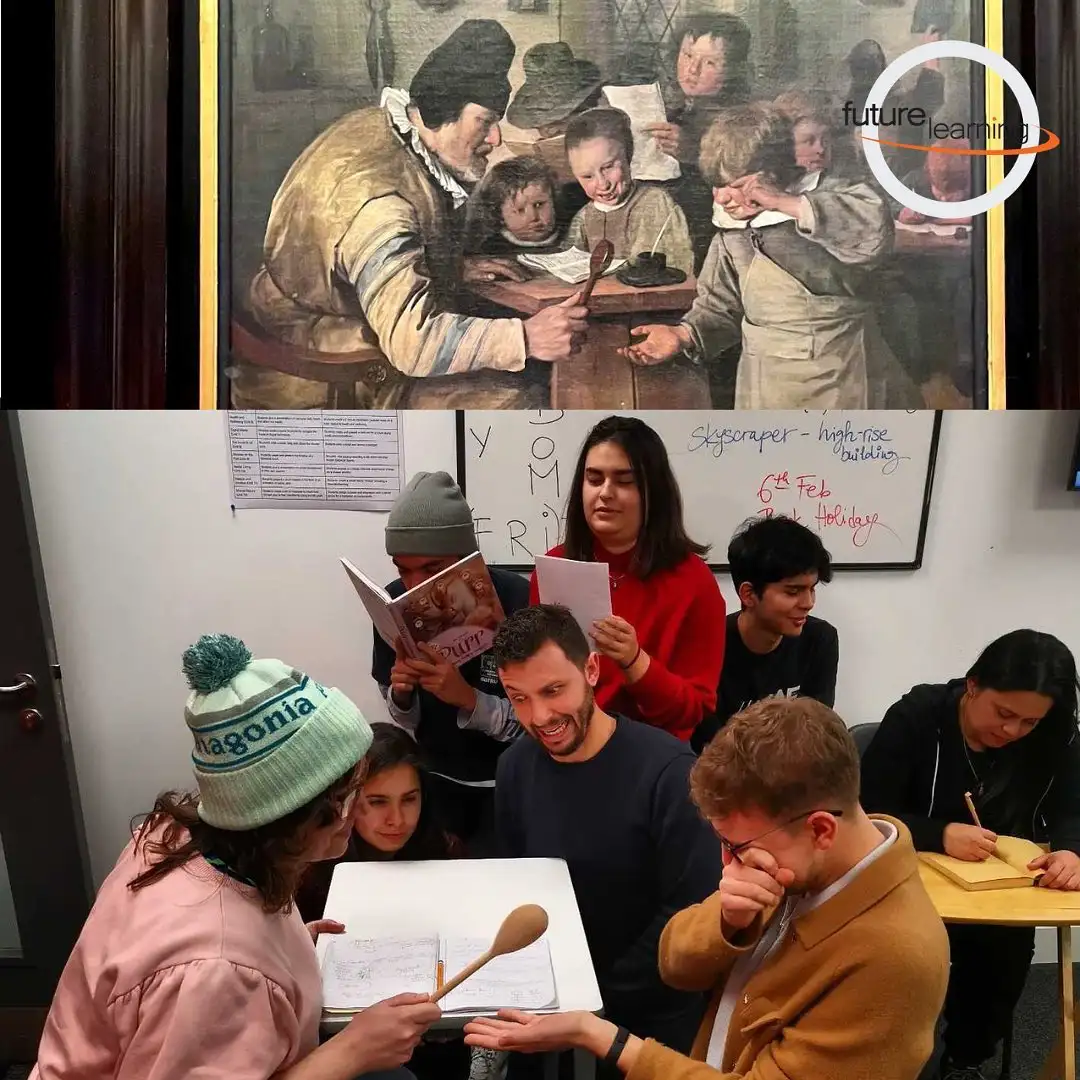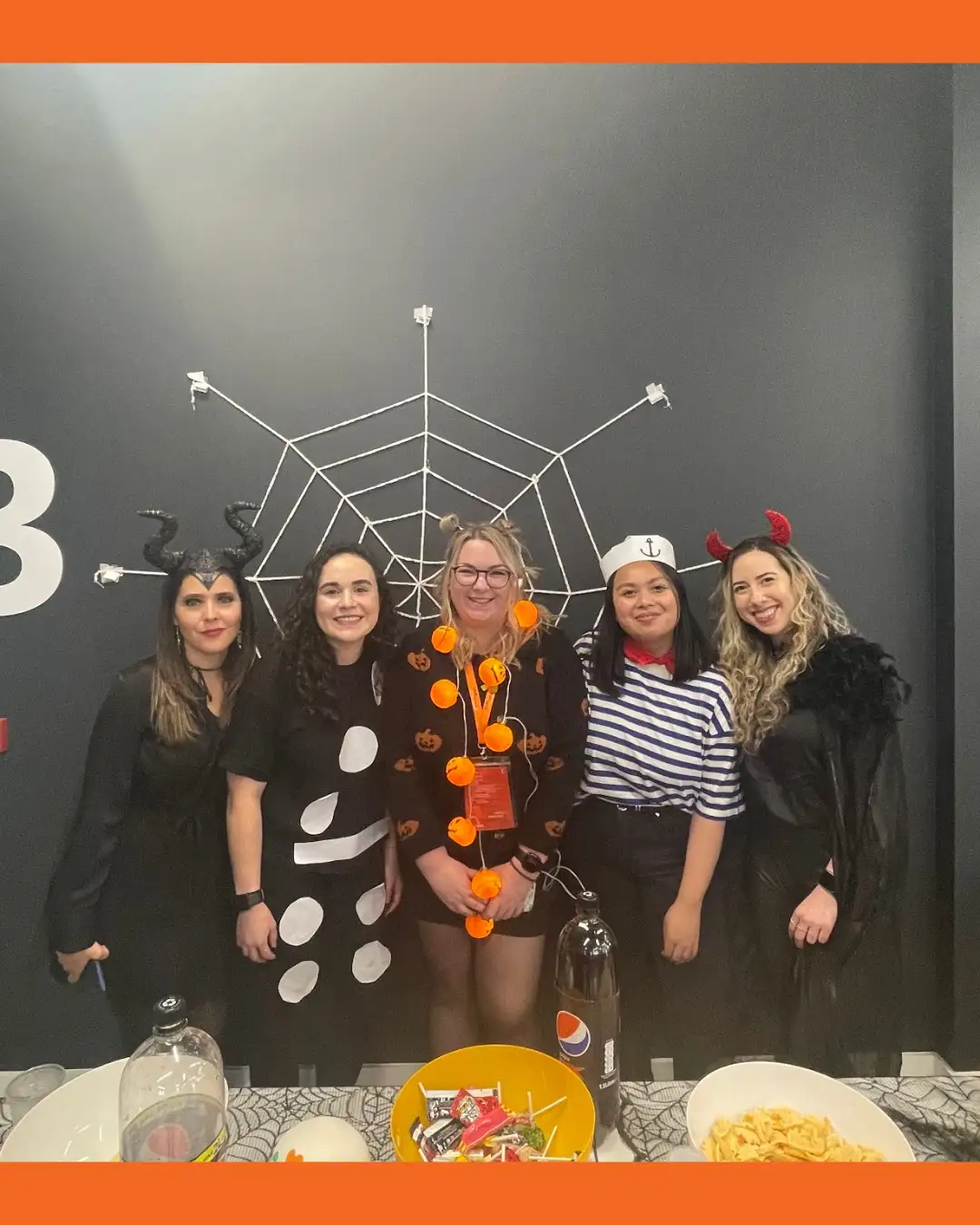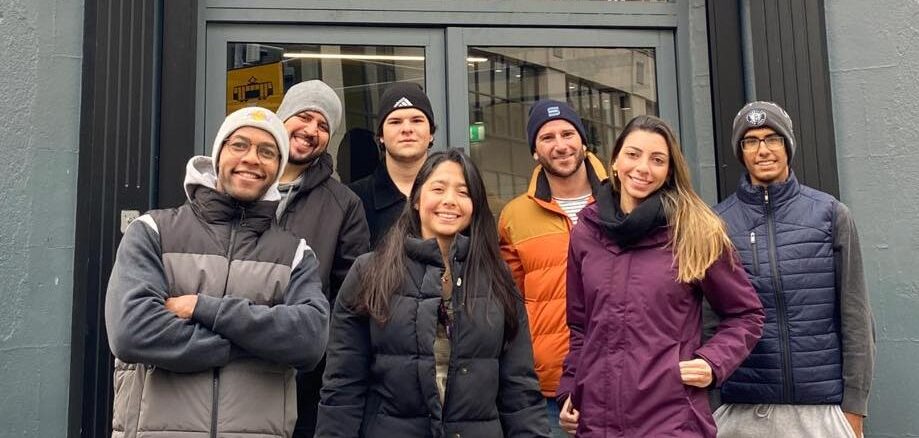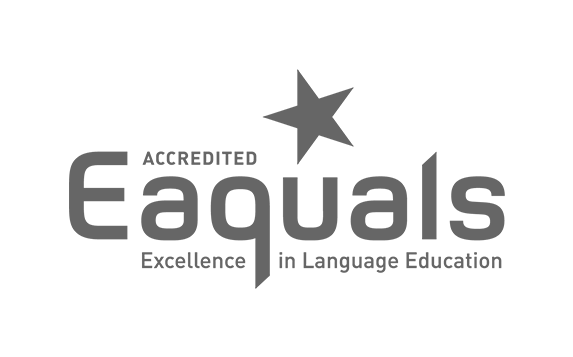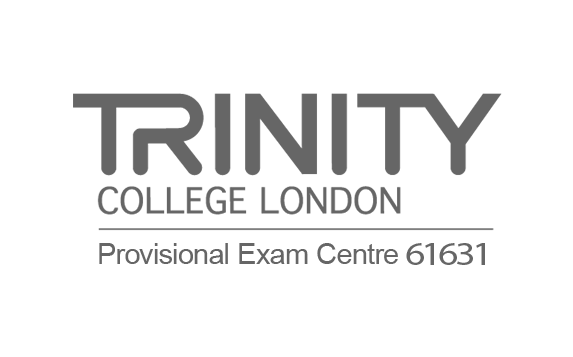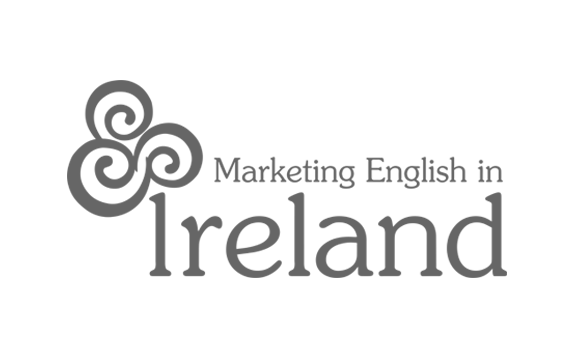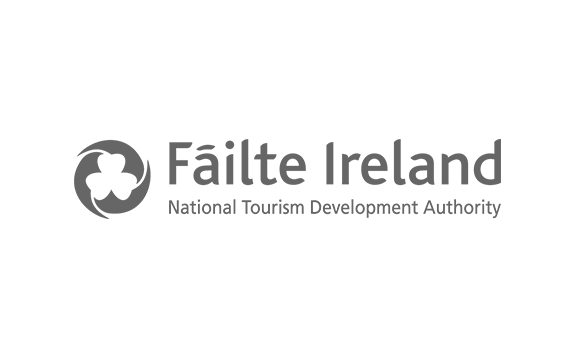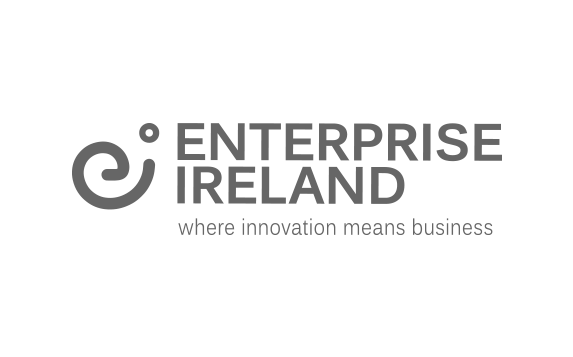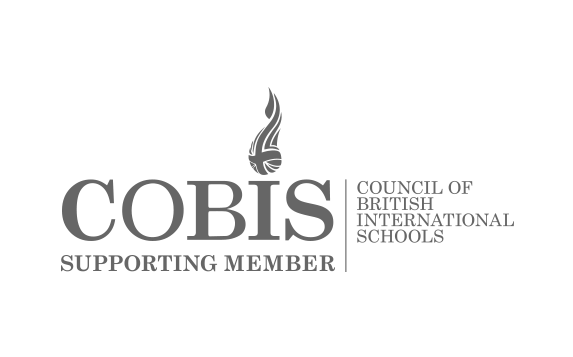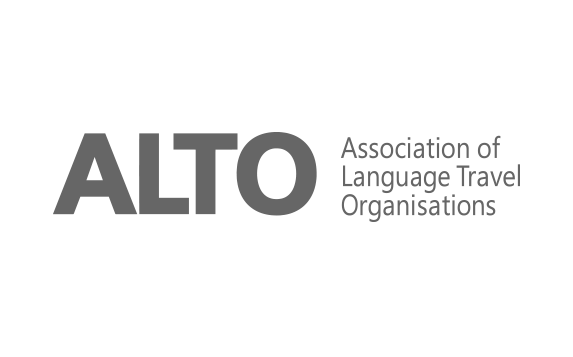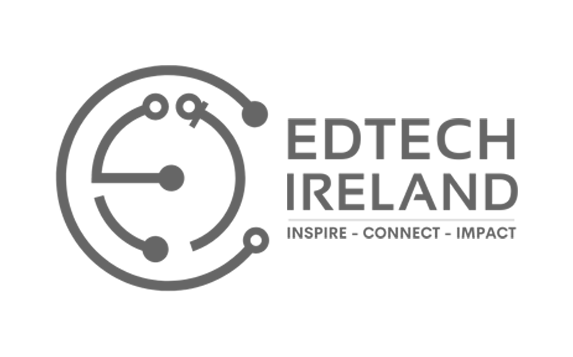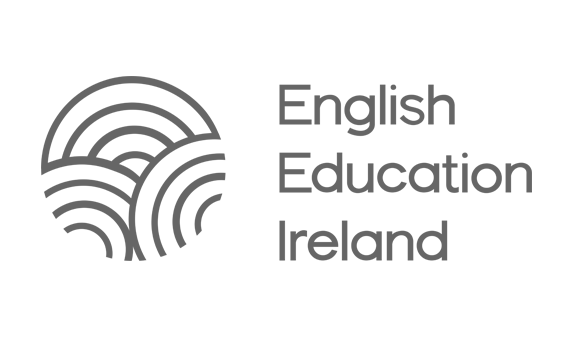Erasmus+ Young Adults 17-24 Years Old
The extension of the Erasmus+ mobility funding to groups of Young Learners (12 to 16) and Young Adults (17 to 20) from schools all across Europe for the 2021 to 2027 programme has inspired Future Learning to develop our well-established 21st Century projects for young learners to meet the programme objectives.
Students, who travel with their teachers as group leaders, are invited to participate in a series of one-week projects based on topics such as Digital European Citizenship, Environment and Sustainability, Identity and Culture or Stories and Drama; alongside other European students throughout the school year (see page X for details). We recommend that Young Learners (aged 12-16) undertaking these projects have a minimum level of A2 while Young Adults (aged 17-20) should have a minimum level of B1.
The projects are technology-enhanced and use active and authentic learning activities. These projects enable our students to explore the places which they are visiting and articulate the aspects that most interest them. It is very important to Future Learning that students feel that they have travelled and encountered a different culture while here in Ireland, sharing it with their new European classmates. All our projects are about students engaging with the world around them and are not the sort of classes that they could just as easily do at home. The projects are inspired by what they observe in the classroom as well as out on their tours and where they are staying.
Through ‘learning by doing’ these projects develop language skills and promote cultural awareness while enhancing teamwork, collaborative problem solving and the use of technology amongst all the European participants.
Through ‘learning by doing’ these projects develop language skills and promote cultural awareness while enhancing teamwork, collaborative problem solving and the use of technology amongst all the European participants.
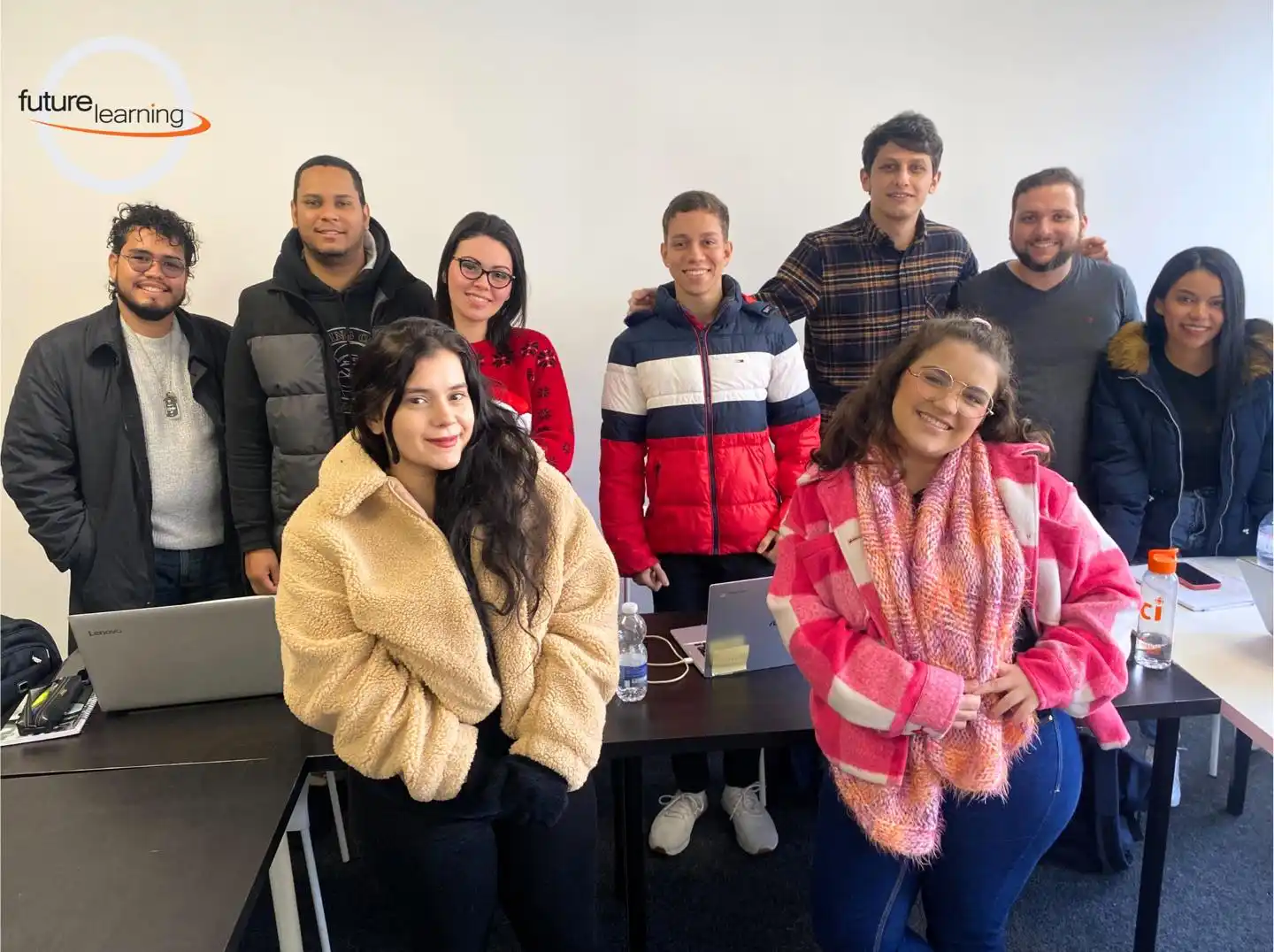
Course Details
Course Description
The aim of this project is for students to weigh the facts and test the evidence behind online news stories that are current in Ireland and publish their findings on their own news website.
- learned to spot fake news using a checklist of criteria
- compared different news sources and rated their reliability
- investigated a news story and checked the facts
- prepared an article for publication on a class website
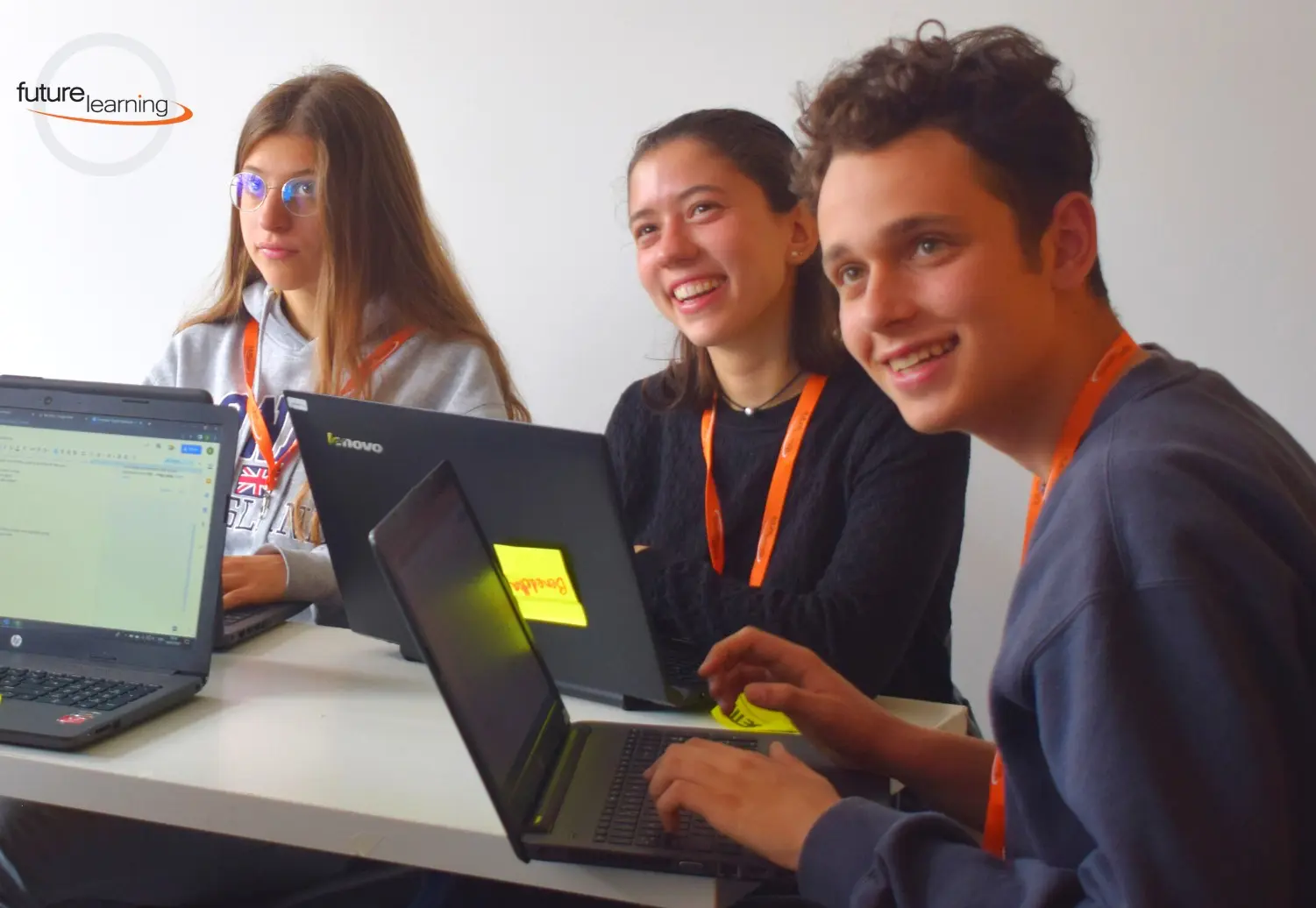
Course Description
The aim of this project is for students to develop an awareness of how sustainable development goals impact their daily lives and local area.
- Explored the reasons people do or do not care about sustainability and the environment ll us about the forces that formed them
- Identified a Sustainable Development Goal they would like to promote
- Worked in groups to create and present a proposal for how to work towards that goal
- Shown an understanding of how the sustainable development goals impact on their daily lives and local area.
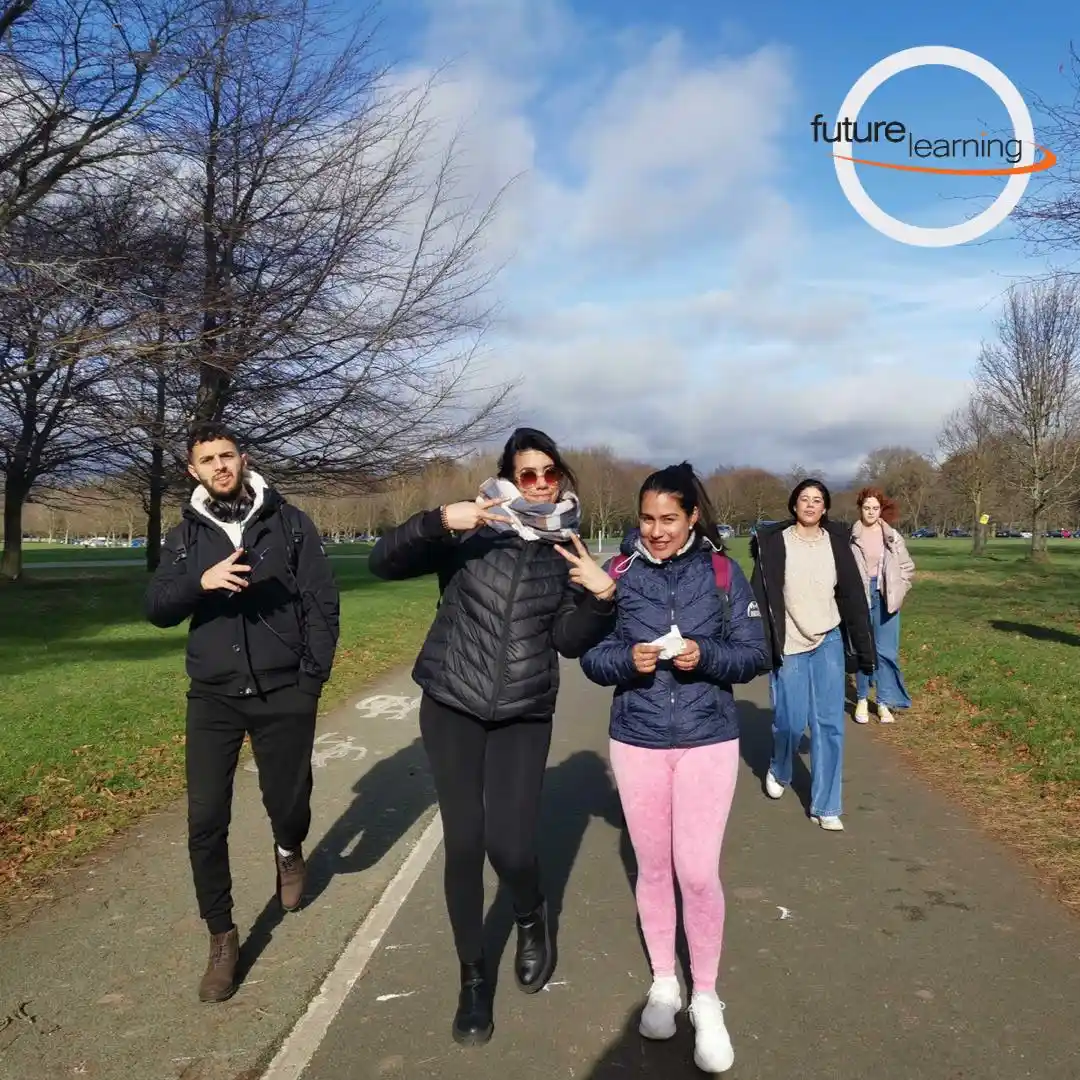
Course Description
The aim of this project is for students to explore Irish history and the questions around our identity which it raises.
- Explored the characteristics of national identity and how everyone us untypical
- Presented their research into a social or historical topic about Ireland
- Debated a historical event and what the right thing to do at the time was
- Interviewed their host family and members of the public.
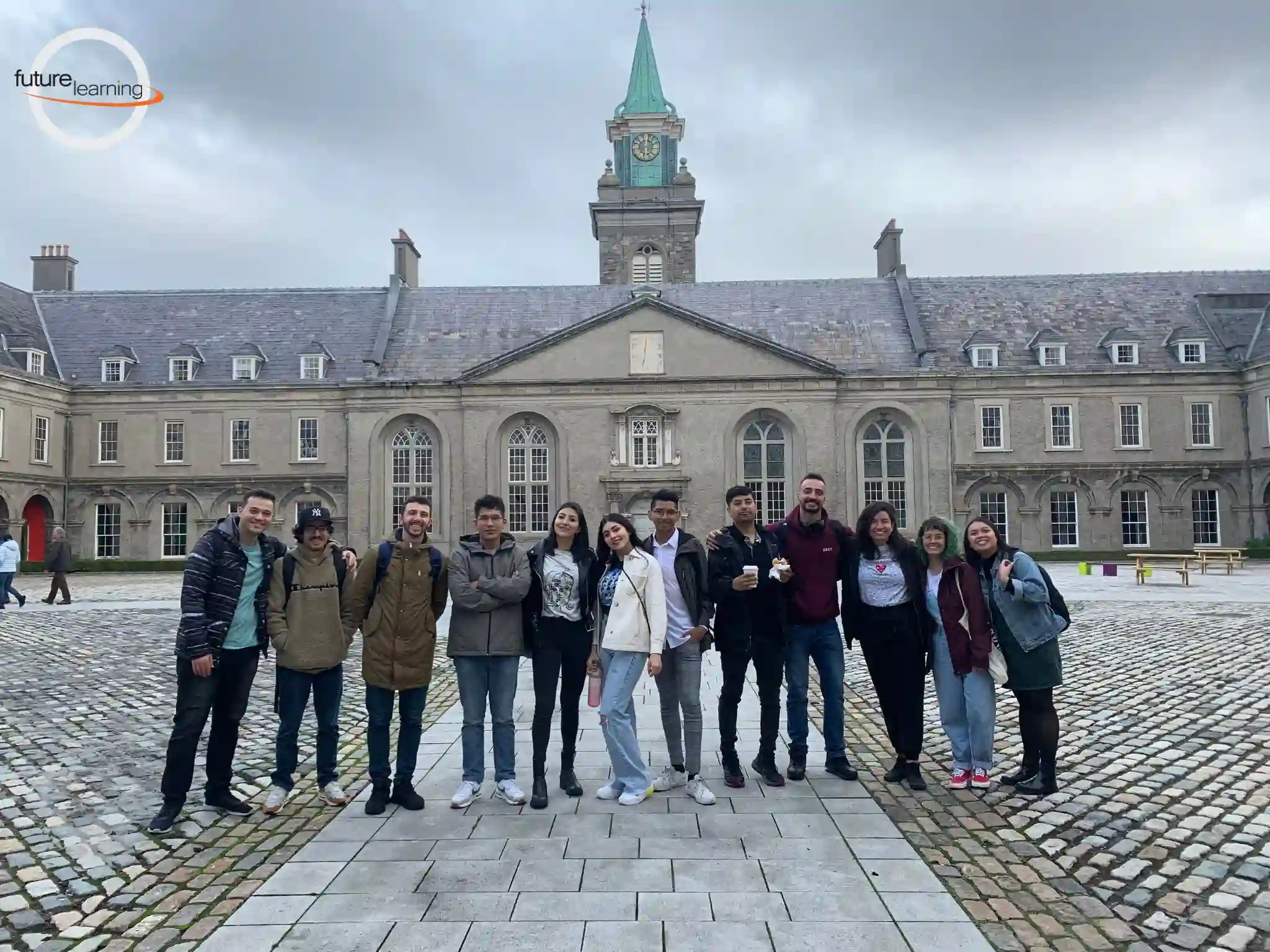
Course Description
The aim of this project is for students to discover different aspects of Irish story-telling from ancient legends to modern drama and will create their own original story, and perform it.
- Explored their imaginative resources
- Tried out some creative processes for drama
- Experienced working together to a deadline
- Built their self-confidence in performing to an audience
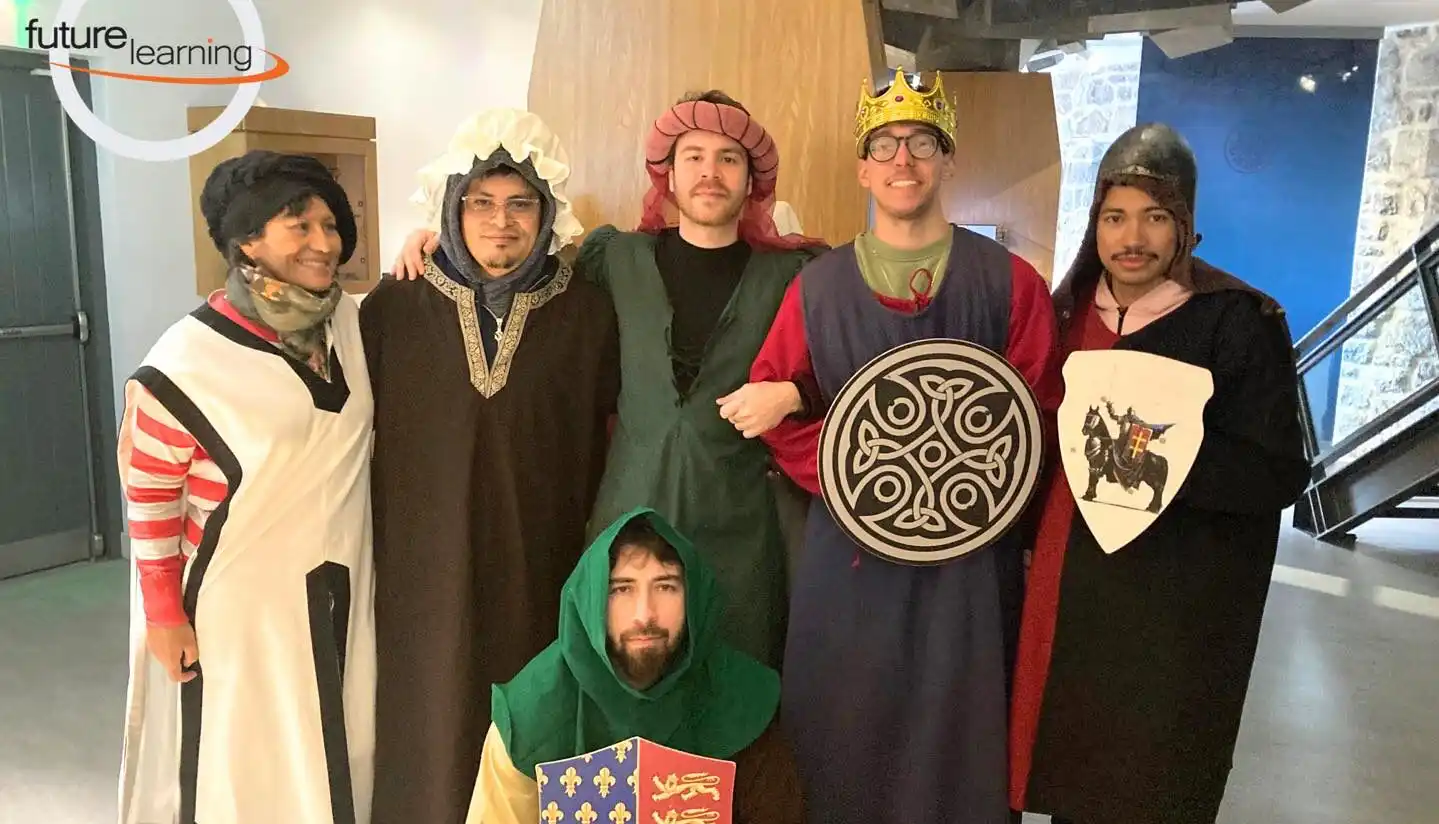
Sample Schedule
